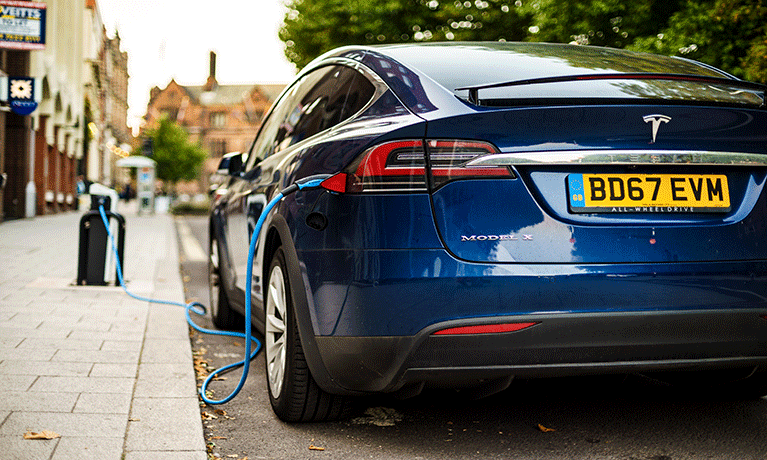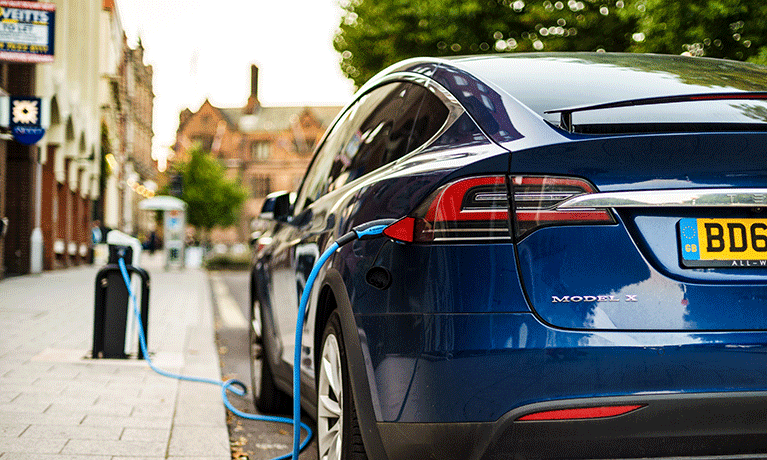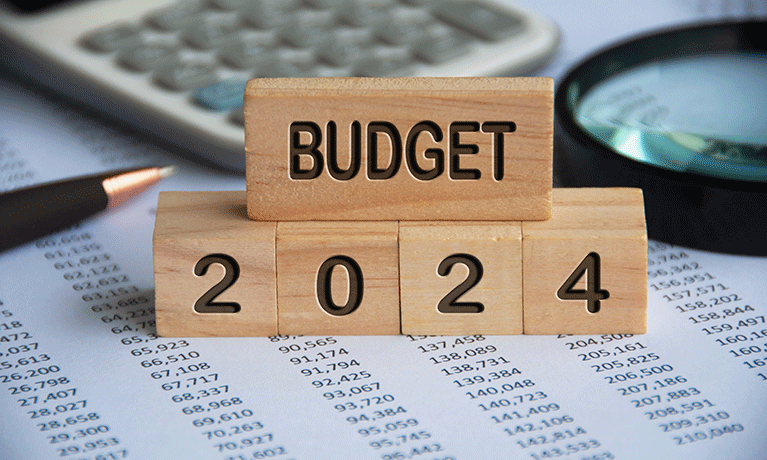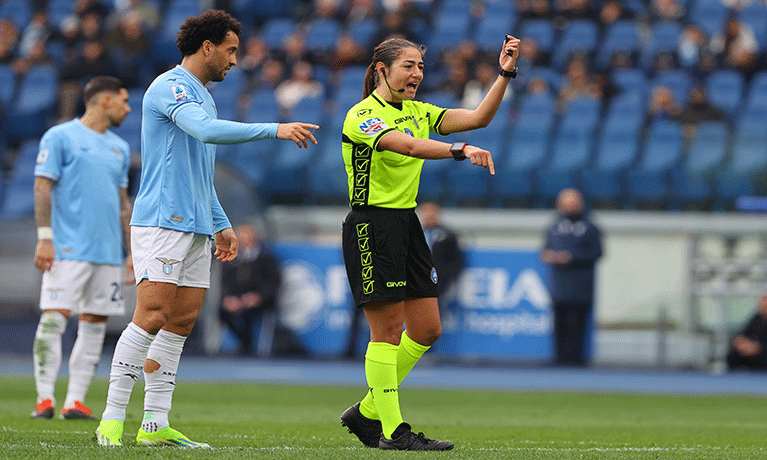Dr Andrew Jones, Centre for Business in Society
By Dr Ian Brittain and Professor David Jarvis, Centre for Business in Society
By Professor Lyndon Simkin, the Centre for Business in Society
By Dr Marsha Smith, Centre for Business in Society and Professor Sally Hibbert
By Dr Eliana Lauretta, Dr Daniel Santamaria, Mr Leitrim Doyle, Centre for Financial and Corporate Integrity
Dr Tom Bason, Centre for Business in Society
Professor Lyndon Simkin, Centre for Business in Society
By Professor Glauco De Vita, Centre for Business in Society
Professor Maureen Meadows, Centre for Business in Society
Dr Tom Webb, Centre for Business in Society










